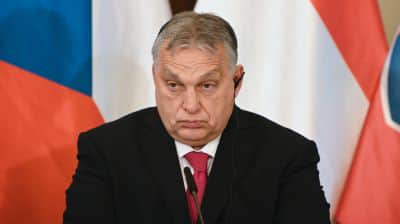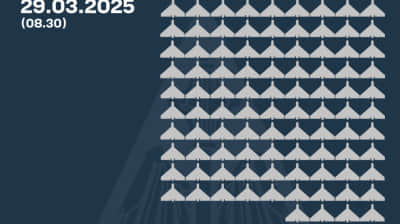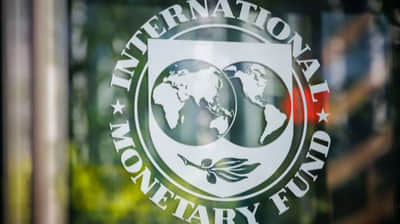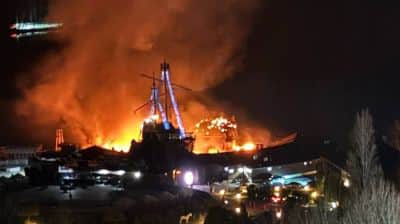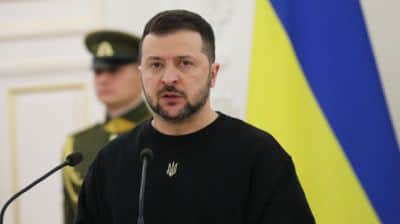ISW analyses Putin's strategy to fight "extremism" from Ukraine
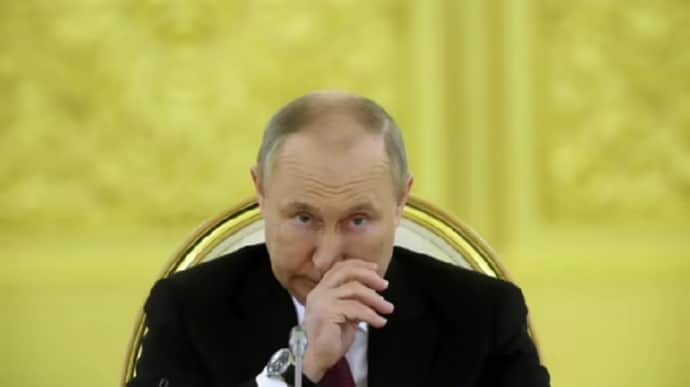
The Institute for the Study of War (ISW) has analysed Russian ruler Vladimir Putin's new strategy for countering "extremism". Putin is forced to please his electorate while balancing the Russian Federation's need for manpower for its economy and army.
Source: Institute for the Study of War (ISW)
Details: Analysts note that Putin has enshrined his so-called policy of "denazification" of Ukraine in a new state strategy document on countering alleged "extremism", demonstrating that he continues to make the same demands for the removal of the Ukrainian government that he made in 2022 when he launched the full-scale invasion of Ukraine.
Putin signed a new strategy for countering extremism in Russia on 28 December.
The report points out that Putin signed the last iteration of the strategy in 2020.
The 2024 strategy, for the first time, references "Russophobia", defining it as "unfriendly, prejudiced and hostile" attitudes, along with "discriminatory actions," targeting Russian citizens, language, and culture by states considered unfriendly to Russia.
Quote from ISW: "The 2024 document, unlike the 2020 version, also lists Ukraine as a main source of extremism and accuses Ukraine of disseminating neo-Nazi ideas.
The document states that Russia needs to ‘eliminate’ the source of extremist threats that come from Ukraine."
Details: Experts recall that in February 2022, when Putin initiated the full-scale invasion of Ukraine, he justified it by claiming that Russia was "denazifying" Ukraine—a narrative used to legitimise the ousting of Ukraine's legitimate, democratically elected government.
Experts add that Putin has made similar statements recently, reiterating his refusal to consider compromises on his demands made in late 2021 and early 2022.
Quote from the ISW: "The document's mentions of ‘Russophobia’ and ‘discrimination’ against Russian citizens, language, and culture also align with Russian Foreign Minister Sergei Lavrov's recent talking point that such alleged discrimination by the current Ukrainian authorities is a ‘root cause’ of Russia's war against Ukraine that any future negotiations must address.
The Kremlin will likely exploit this new strategy document to justify its calls for the removal of the Ukrainian government as ‘anti-extremist’ measures."
Details: The review notes that the strategy signed by Putin includes elements designed to appeal to Russia's pro-military ultranationalist community, which is likely part of the Kremlin's strategy to consolidate and strengthen support from this influential group.
The document claims that migrants in Russia are involved in illegal activities that contribute to the spread of extremism across Russia's federal subjects.
It calls for stricter migration policies, including efforts to combat "propaganda activities" in areas where migrants reside.
Additionally, it recommends revising educational programmes in the South Caucasus and Central Asia to curb the spread of Russophobia.
ISW highlights that Russia’s ultranationalist war bloggers have repeatedly called for stricter migration policies and have expressed concerns about "Russophobia" in former Soviet republics such as Kazakhstan.
Quote from the ISW: "ISW continues to assess that Putin must cater to his xenophobic and ultranationalist constituency – some of the staunchest supporters of Russia's war in Ukraine – while also balancing Russia's need for migrant labour for its economy and military."
To quote the ISW's Key Takeaways on 29 December:
- Russian Foreign Minister Sergei Lavrov explicitly rejected two suggestions reportedly considered by US President-elect Donald Trump's team in early November 2024 as conditions for ending the war in Ukraine – the delay of Ukraine's membership in NATO for 20 years and the deployment of European peacekeepers in Ukraine.
- Russian ruler Vladimir Putin enshrined his alleged policy of Ukrainian "denazification" in a new state strategy document about countering extremism, demonstrating how Putin continues to make the same demands for the removal of the Ukrainian government that he made in 2022 when launching the full-scale invasion of Ukraine.
- Azerbaijani President Ilham Aliyev accused Russia of shooting the Azerbaijan Airlines Embraer 190 passenger flight over the Republic of Chechnya on 25 December and of attempting to cover up Russia's responsibility for the plane's crash in Kazakhstan — effectively rejecting Russian ruler Vladimir Putin's lacklustre apology.
- Ukrainian forces are successfully innovating to combat Russian guided glide bomb strikes against Kharkiv Oblast.
- The US delivered its first liquefied natural gas (LNG) shipment to Ukraine on 27 December.
- Salome Zurabishvili announced her departure from the Georgian presidential palace on 29 December but stated that she considers herself to be Georgia's "legitimate" president.
- Russian forces recently advanced near Pokrovsk and Vuhledar and in western Zaporizhzhia Oblast.
- Russia reportedly continues to face labour shortages that Russian military recruitment and persistent demographic problems are likely exacerbating.
Support UP or become our patron!

